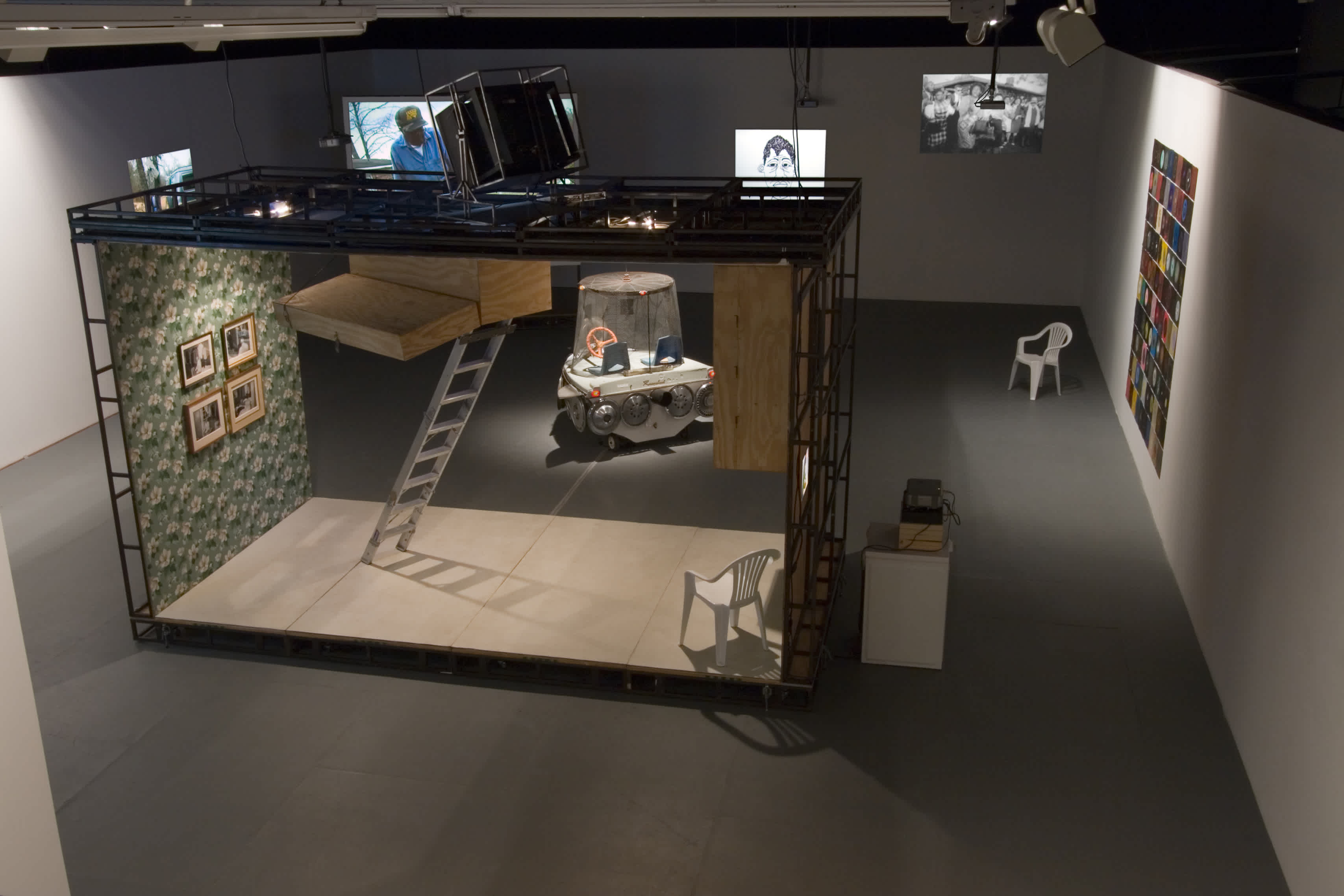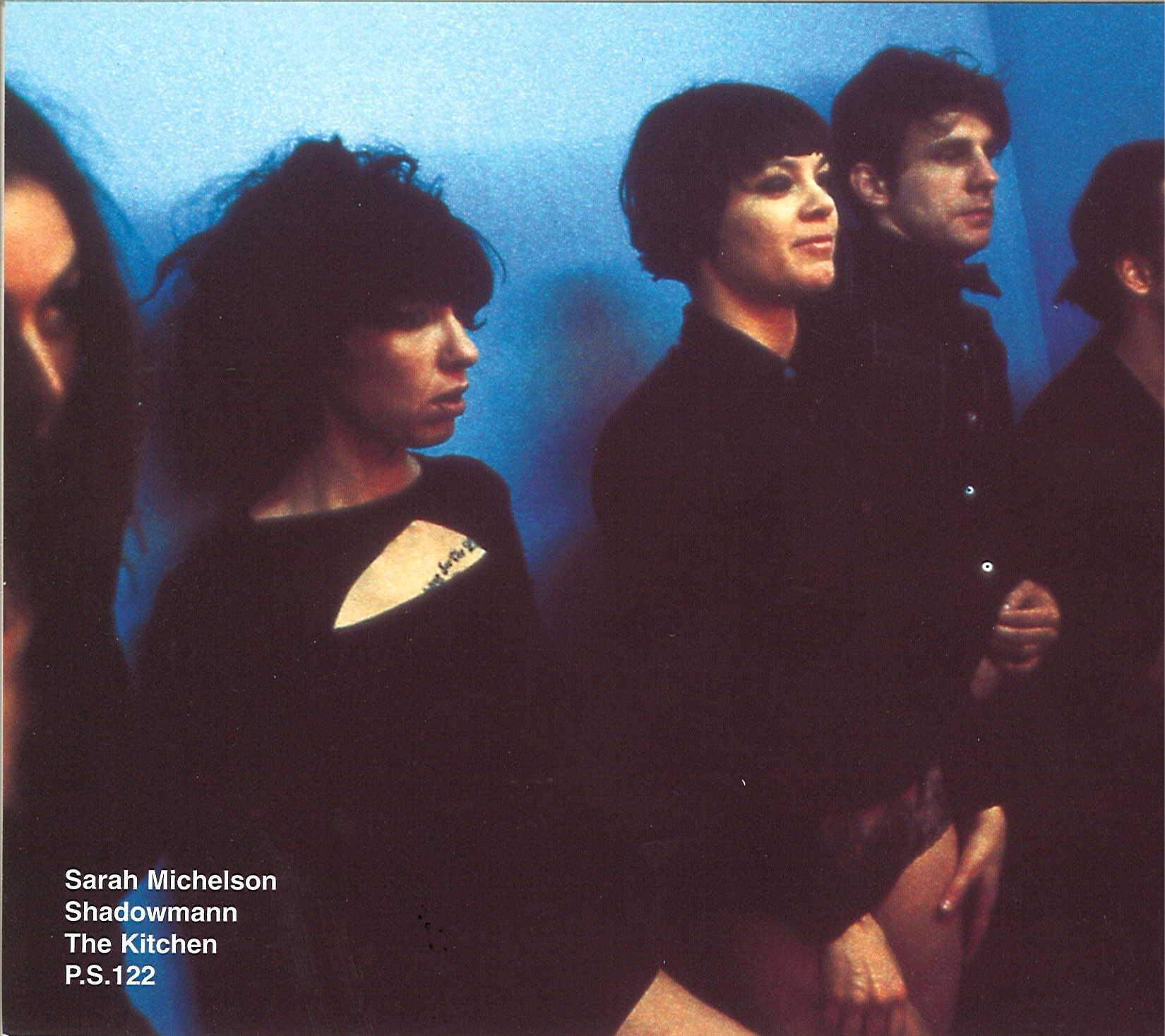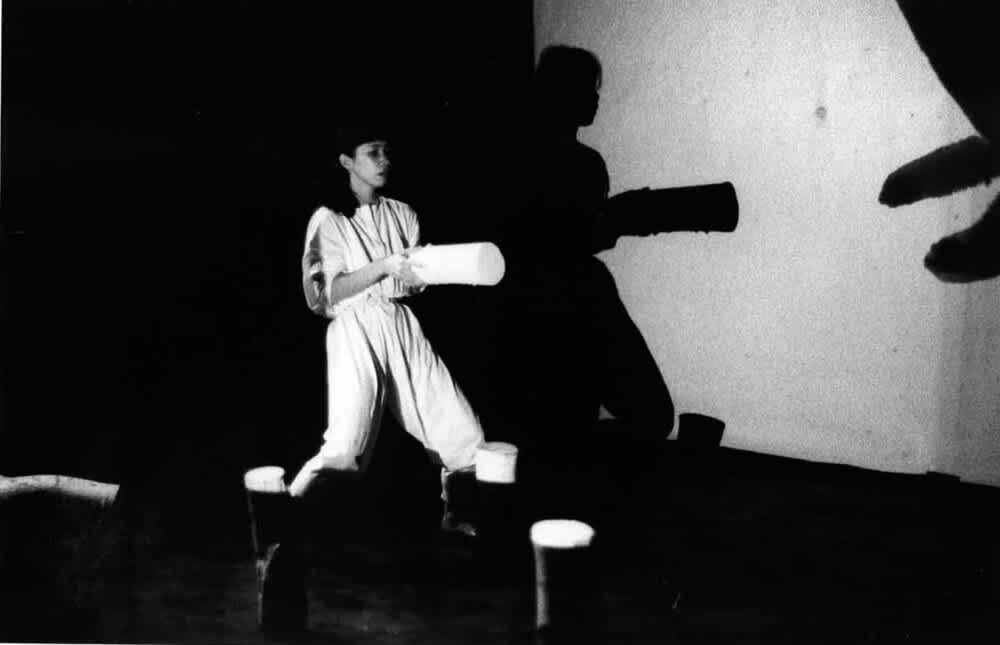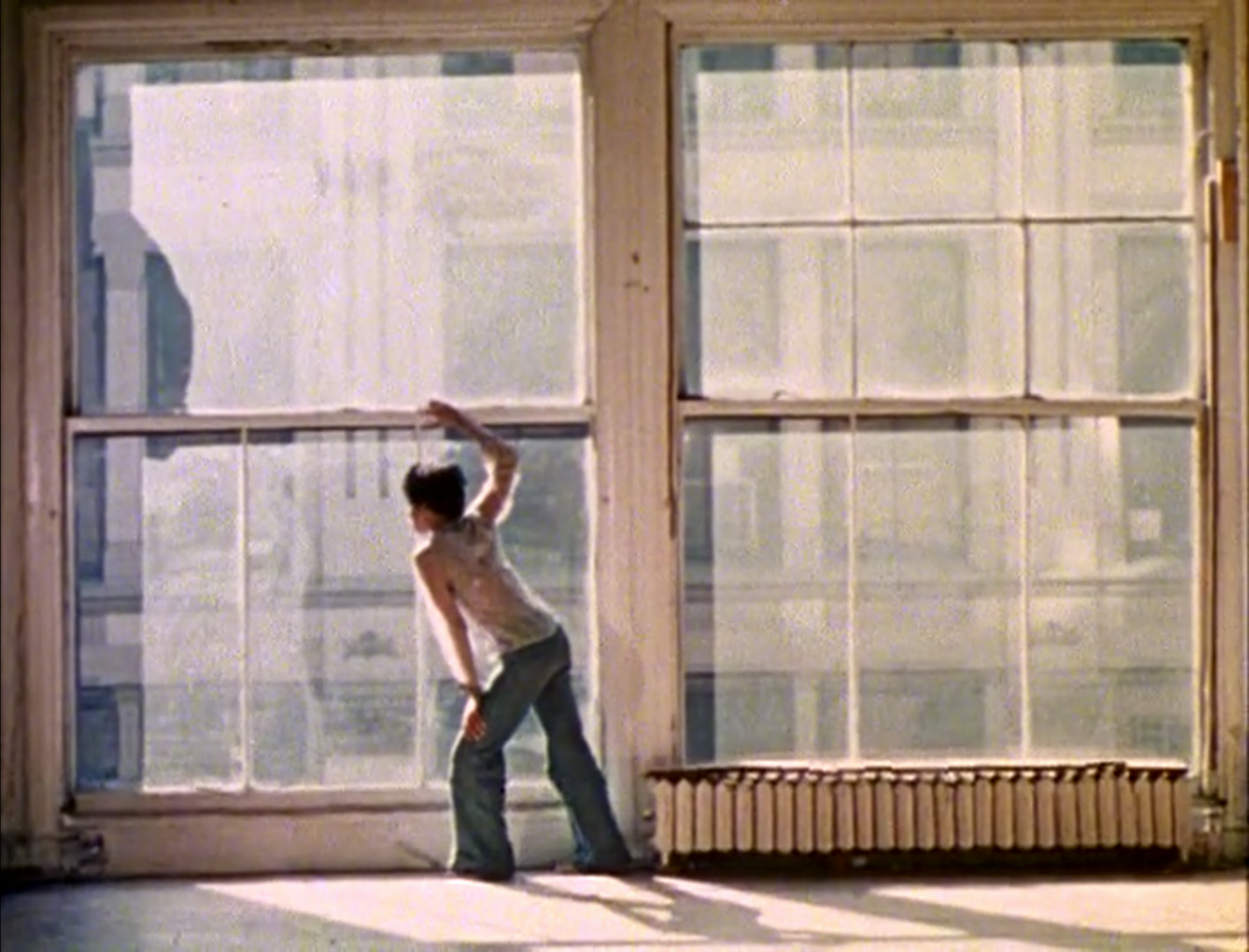
On View: July 29
This Video Viewing Room focuses on a 16mm film by Elaine Summers, Windows in The Kitchen (1981), and features an introduction by Matthew Lyons and selections of video stills and archival ephemera. The digitized version of the film was available to view from July 29–August 26, 2021.
This presentation is organized by Matthew Lyons, Curator.
Working with Alan Ruiz on Container and Contained has underscored how meaningful resonances between artistic endeavors across decades can reverberate in the present at The Kitchen, now in its fiftieth year. As Ruiz’s project asks us to consider access to light and air through architectural thresholds and apertures, the boundaries between interior and exterior, and the relation between the urban built environment and psychological space, I looked into a project entitled Windows in The Kitchen made during The Kitchen’s first decade by Elaine Summers (1925–2014). An original member of Judson Dance Theater group, Summers pioneered her own approach to working with moving images and movement, founding the Experimental Intermedia Foundation for this kind of exploration in 1968.
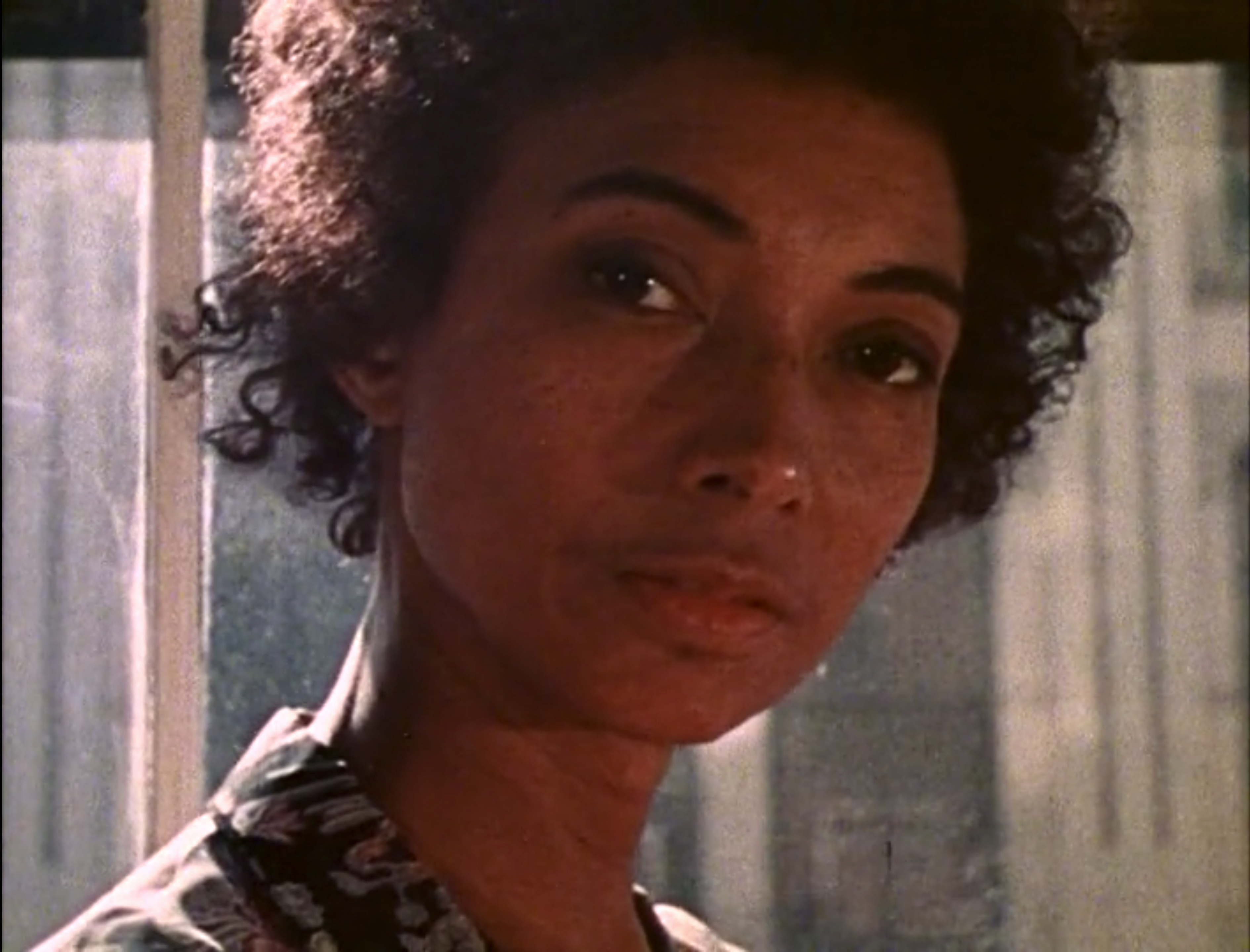

From July 29–August 26, 2021, this Video Viewing Room presented the digitized 16mm film Windows in The Kitchen (1981). Based on conversations with artist Paula Court, who assisted Summers in filming, we believe this film was shot in late 1976 in preparation for the performance of the same title, which took place over one weekend in February 1977 at The Kitchen and included film, video, slide projection, live music, and dance. (Later, Summers likely decided to make the 16mm element of the intermedia work its own film-dance, which explains this work’s 1981 date.) The dancer featured in the film is Matt Turney (1925–2009), one of the first Black dancers in the Martha Graham Company, where she was a featured performer from 1950s until the early ’70s. The film’s vocal soundtrack— provided by the acclaimed musician, composer, and educator Jay Clayton—was added for this 1981 version. Court, who is now The Kitchen’s house photographer, provided the camera work. Just before the weekend performances, The New York Times published a preview piece, reproduced below, that describes what was planned.
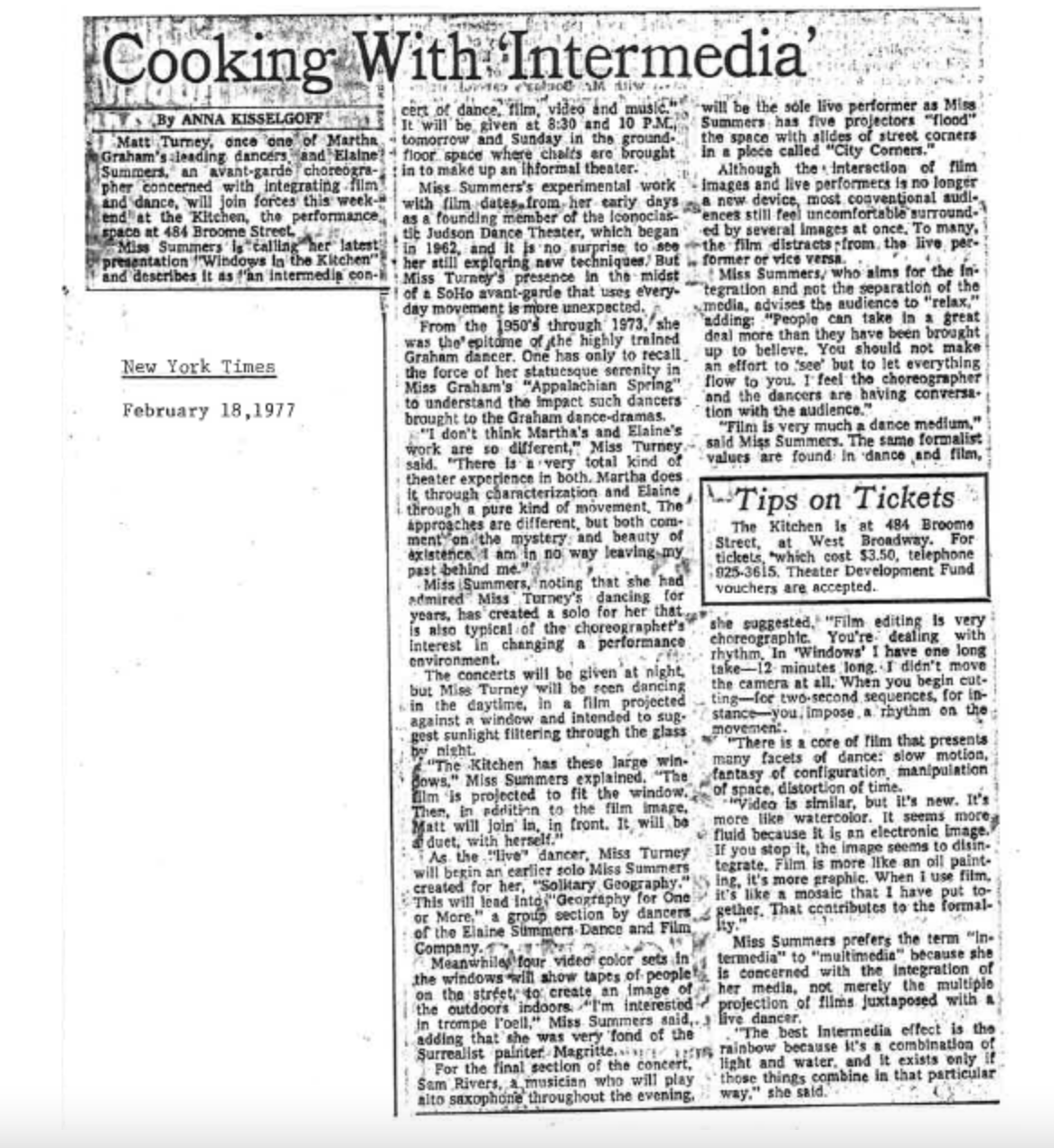
As Kisselgoff describes, Summers intended to project the film onto The Kitchen’s window used in the film shoot during each evening performance while Turney danced live with her projected image. Four video monitors would display aerial footage shot of the street corner below, as daytime traffic goes by and dancers move through the frame at different velocities and directions. Slide projectors would show a series of color slides of other populated street corners in proximity to The Kitchen that Summers had directed Court make. Improvised music would be performed live on saxophone by Sam Rivers, who with his wife Bea ran a famed jazz loft in Noho called Studio Rivbea. To our knowledge, no documentation of this 1977 intermedia event exists, and therefore the exact details of what transpired that weekend are unconfirmed.
At the time, The Kitchen was located in a loft space at the corner of Broome and Wooster, in the center of a neighborhood whose buildings—vacated by light industry—had become occupied as live/work and exhibition spaces for (and largely run by) artists. As Ruiz recently remarked in Artforum, artists of this generation “came up in an economic and material environment very different from ours, in a period often referred to as deindustrialization. This phenomenon led to a kind of re-culturalization in which the city was rezoned (literally and metaphorically) and earmarked for future development.” That development which soon befell Soho eventually followed The Kitchen to West Chelsea after it decamped and established itself in its current home in 1986, as Ruiz’s project highlights.
The Kitchen would like to thank Thomas Körtvelyessy and the Artistic Estate of Elaine Summers / Kinetic Awareness® Center, Inc. as well as the Jerome Robbins Dance Division, New York Public Library for the Performing Arts for partnering with The Kitchen in order to share this film, and New York Women in Film and Television (NYWIFT) for supporting the digital transfer of this film.

